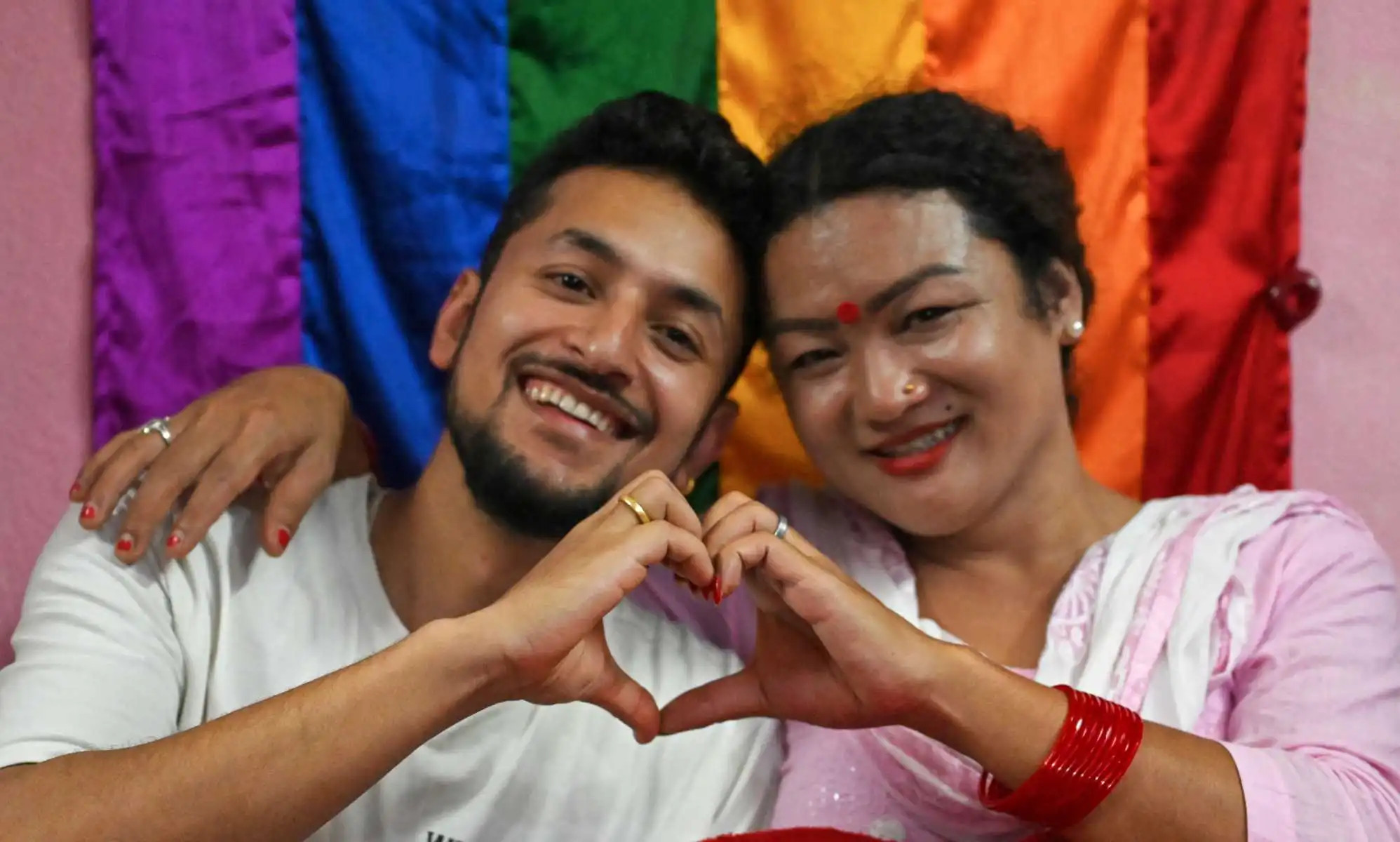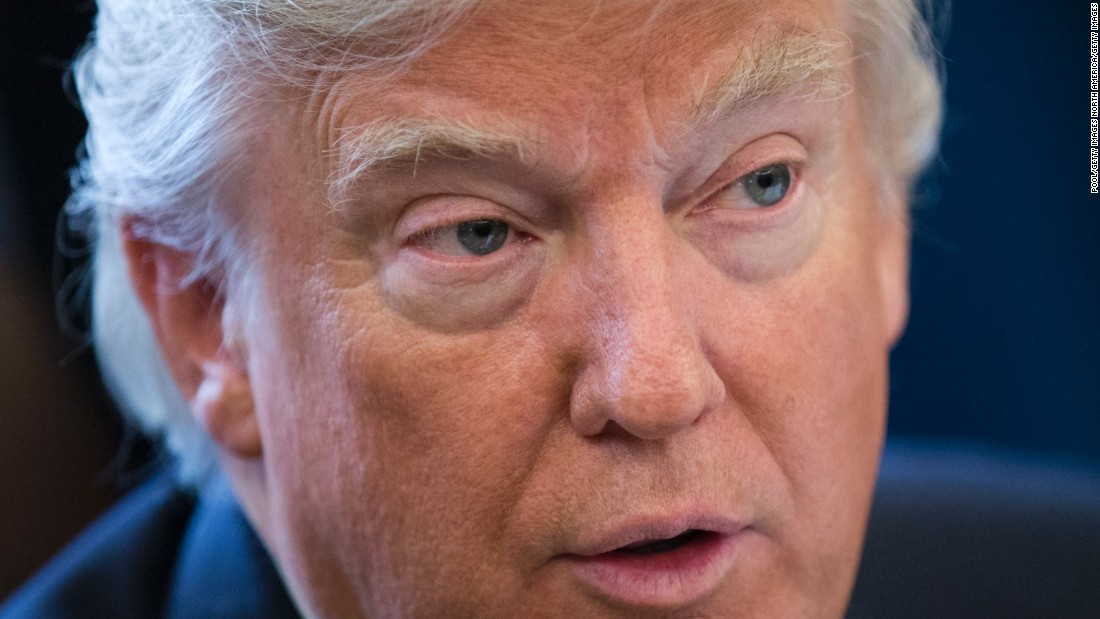A Beijing court has granted visiting rights to a woman seeking access to her daughter, marking the first time a Chinese court has recognized that a child can have two legal mothers. The ruling represents a significant milestone for LGBTQ+ rights in China, where same-sex marriage remains unrecognised.
Didi and her wife, who were married in the US in 2016, underwent IVF treatment using the wife’s eggs and donor sperm. Didi gave birth to a girl in 2017, while her wife gave birth to a boy.
After the couple’s relationship broke down in 2019, Didi’s wife took both children to live with her in Beijing, cutting off contact with Didi. In March 2020, Didi filed what is believed to be China’s first same-sex custody dispute.
Legal Barriers for Same-Sex Couples
In May 2024, the Beijing Fengtai People’s Court ruled that Didi should be allowed monthly visits with her daughter. However, the ruling highlights the complexities of LGBTQ+ family arrangements in China, as Didi was not granted contact with her son, to whom she has no biological connection. The ruling is a significant step for LGBTQ+ rights, but Didi’s lawyer, Gao Mingyue, noted that Chinese law has an “avoidance approach” to gay relationships, stating, “It does not clearly define the rights of same-sex couples.”
Challenges and Acceptance for LGBTQ+ Individuals in China
This ruling comes at a time when China’s LGBTQ+ community faces increasing challenges. In recent years, several prominent LGBTQ+ organisations have been forced to cease operations. These include ShanghaiPride, the country’s largest Pride event, which has been suspended since 2021. Despite these challenges, there are signs of growing social acceptance. A recent survey [PDF] by the Williams Institute at UCLA found that 85% of respondents had favourable attitudes towards same-sex parents, and nearly 90% supported same-sex marriage.
The Significance of Didi's Case
While China decriminalised homosexuality in 1997 and removed it from the list of psychiatric disorders in 2001, same-sex couples cannot marry or adopt children. There are also no explicit legal protections against discrimination based on gender identity or sexual orientation. The Beijing court's decision to grant Didi visitation rights to her daughter is a significant step forward in recognizing the rights of LGBTQ+ families in China. While the ruling does not provide full legal recognition of same-sex marriage or adoption, it is a positive sign that the Chinese judiciary is beginning to consider the needs of LGBTQ+ individuals and families.
A Look Ahead: The Future of LGBTQ+ Rights in China
This case highlights the ongoing struggle for LGBTQ+ rights in China, where laws and social attitudes continue to lag behind the growing acceptance of LGBTQ+ individuals and families. The court's decision in Didi's case is a beacon of hope that change is possible. It serves as a powerful reminder that even in a country where same-sex marriage and adoption remain illegal, there is a growing awareness of the importance of protecting the rights of LGBTQ+ individuals and families. This landmark ruling represents a glimmer of progress, but it is just the beginning of a long road toward full legal equality and social acceptance in China.

















